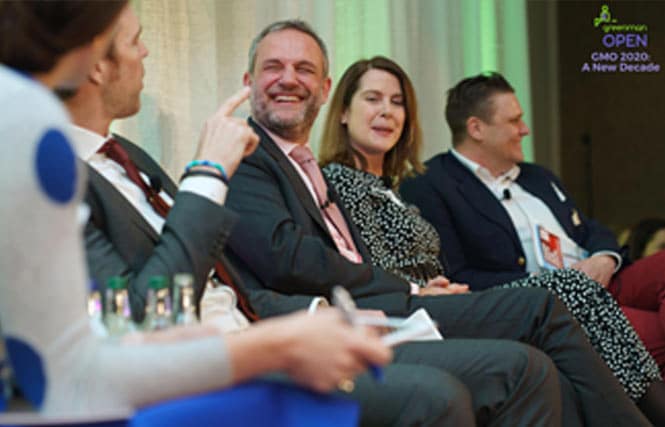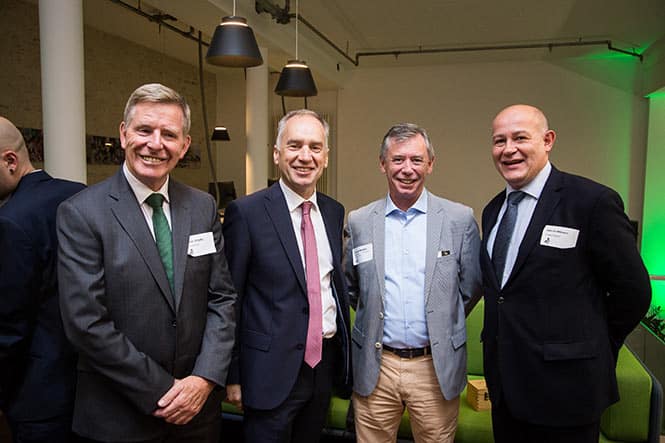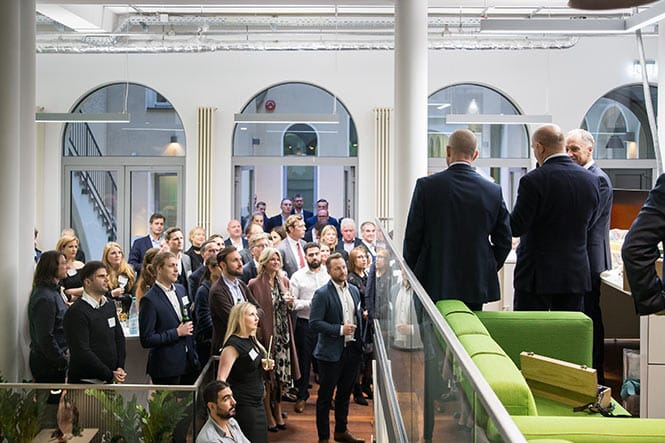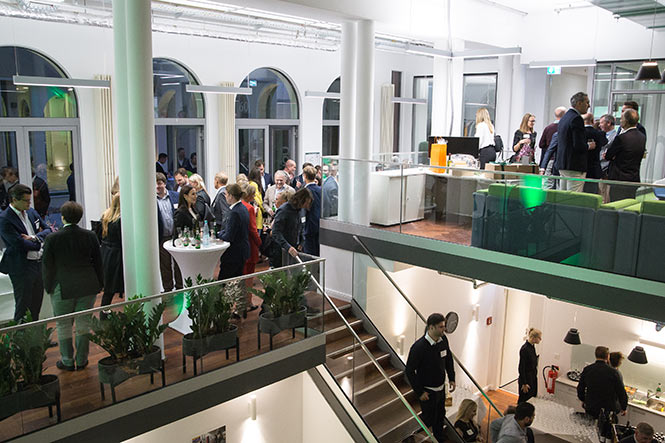Insights from the Top: CEO Johnnie Wilkinson shares his vision for Real Estate in 2023
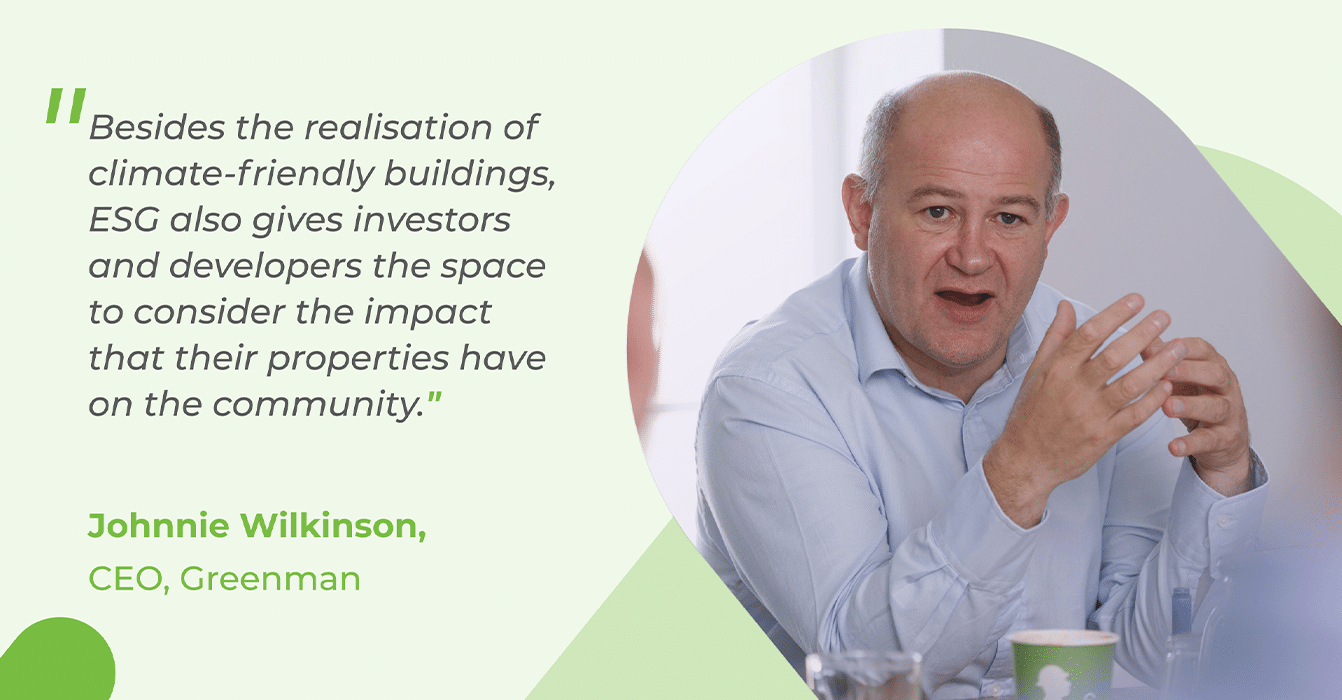
After reflecting on a tumultuous last year that held the real estate sector in suspense, we are aware that the imponderability regarding general economic development will continue to pose challenges in 2023. Our CEO Johnnie Wilkinson spoke to Real Asset Insight speaking about how he sees the market now, where he sees the best value and what will be the best strategy in this year:
How would you describe the 2022 real estate year?
2022 was a year of extremes and challenges. The real estate sector has been held in suspense, initially due to the pandemic recovery and then the war in Ukraine which led to increasing building costs, supply shortages and an energy crisis. High inflation and rising interest rates have resulted in an additional hurdle for the market. While investors have taken a wait-and-see attitude as a result of the high levels of uncertainty in the market, we have also seen a continued interest in liquid markets and steady incomeproducing asset classes.
What are the main challenges facing the sector and your company in 2023?
The high level of interest rates, the uncertain outcome of the war, and the imponderability regarding general economic development will continue to pose the key challenges in 2023. Other than that, in an online survey that Immobilien Zeitung, ‘ESG’ was voted as real estate word of the year. I believe that growing awareness about the need for more sustainable action is becoming increasingly apparent this year and the EU is setting the framework of regulations for real estate companies to build and manage their assets in the most climatefriendly way.
What are likely to be the chief positive influences on strategy in 2023?
The growing awareness that real estate can have a significant impact through environmental and futureproof investments, like green buildings for instance, will contribute to a stable business in the long term and bring added value for real estate, tenants, and investors. Digital tools, smart building components and analysing data are important tools in reaching ESG targets that will increase the value of the properties.
Besides the realisation of climate-friendly buildings, ESG also gives investors and developers the space to consider the impact that their properties have on the community and the sector should incorporate this in their strategy by creating opportunities through social impact investing.
Where do you see the best value and what will be the best strategy in the year ahead?
The pandemic reality and ongoing geopolitical events have shown that the grocery retail sector is of fundamental importance to us as consumers and remains stable in times of crisis, especially due to the long-term leases. Throughout this year we will continue to focus on this sector, making use of our relationships with leading grocery tenants and developers to originate off-market deals.
We are also actively engaging with the occupiers of our properties and this year’s strategy will heavily focus on partnering with our tenants to improve buildings and building systems, bringing added value through the implementation of PV panels to allow for renewable energy generation and the installation of electric vehicle hyper-chargers.
Looking back at 2022, what has given you the greatest inspiration for the year ahead?
The Greenman Group now consists of 10 companies based in six different countries, specialising in the business sectors of financial services, real estate, utilities, food and agriculture, and integrated networks. With the addition of four new companies last year, the Group grew by 57% in 2022 which is very satisfactory. The expansion into new markets and countries is an exciting opportunity and is laying the foundations of our strategy of growth.
With the publication of our Sustainability Report last year, we outlined the progress we have made in initiating our pathway to reach net zero by 2050. The investments we made last year in climate change actions like covering the roofs of our fund’s portfolio with PV, starting with the construction of growth towers for our vertical farm and investing in social projects in the area of food education and biodiversity, underlines our strategy of committing significant time and resources to enthusiastically fighting climate change.


